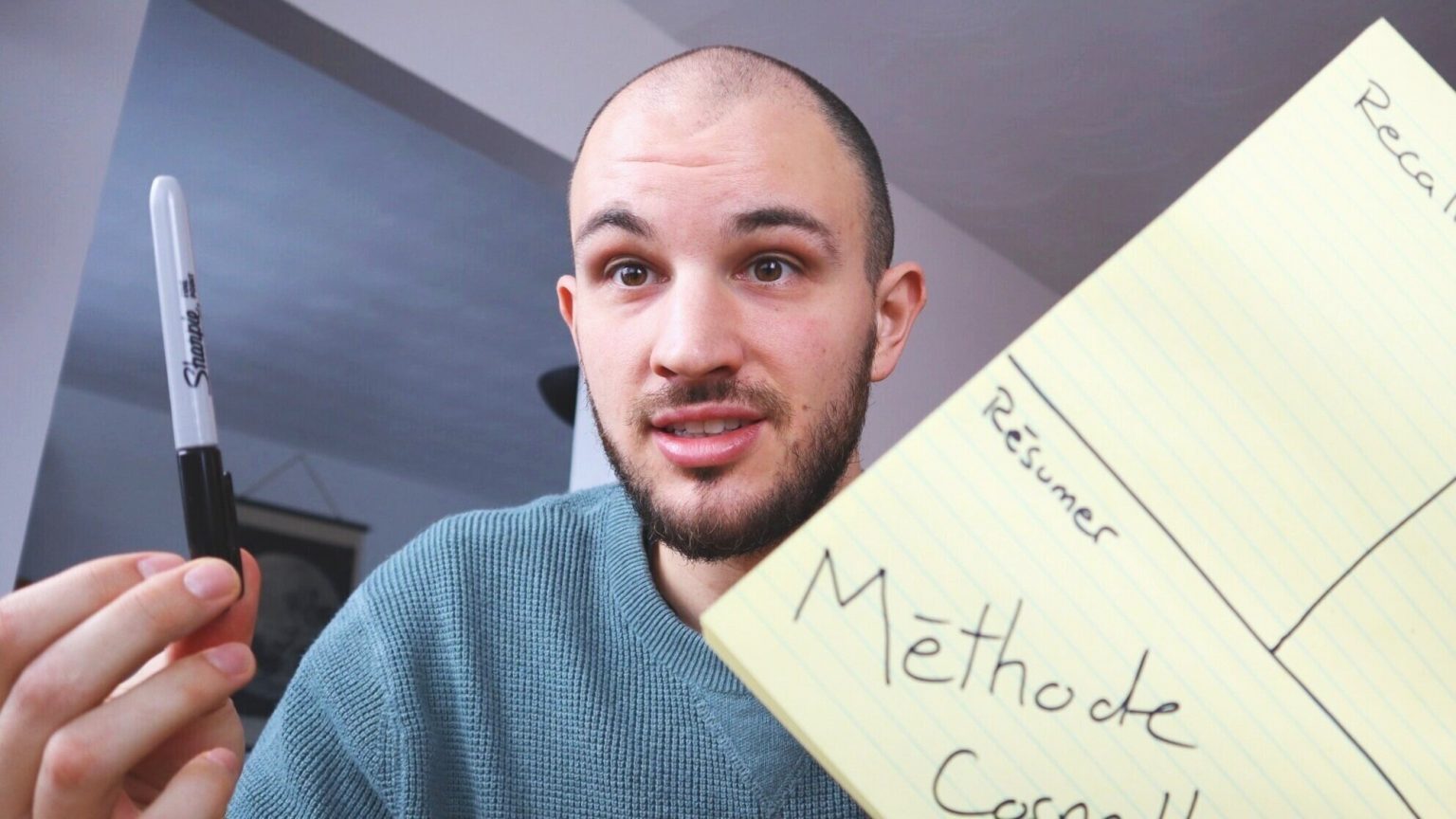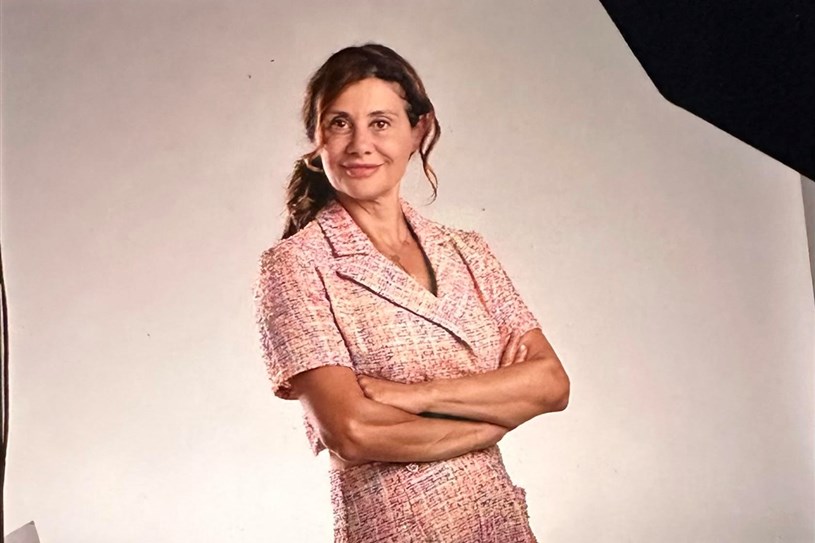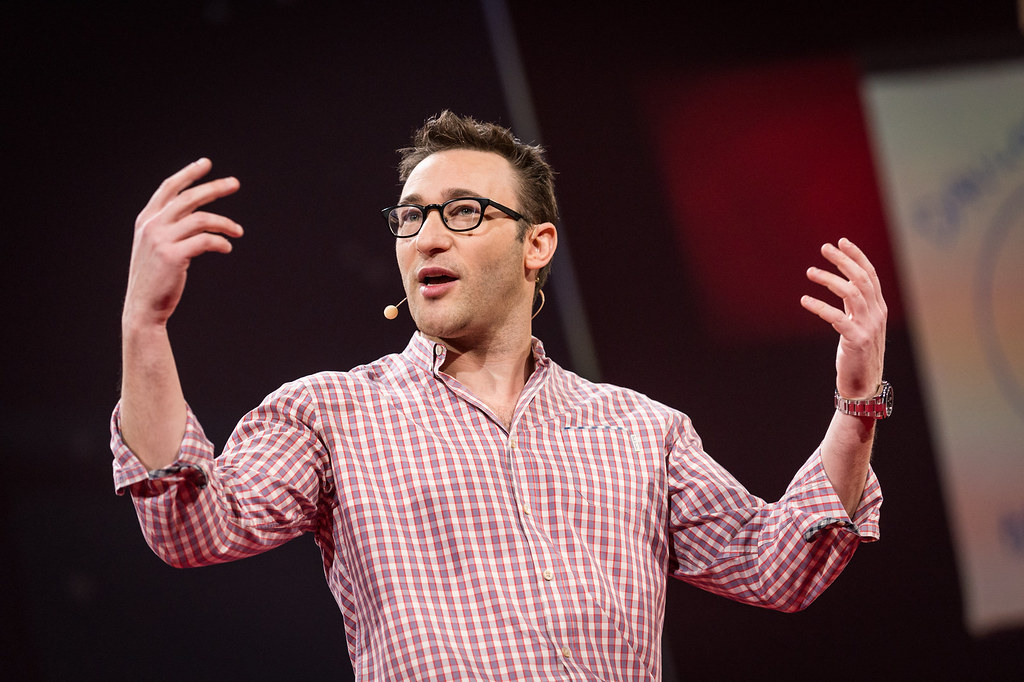Is it possible to plan… too much? That’s the argument Francis Painchaud makes in a video on his YouTube channel. Let’s take a look at his arguments, as well as his method for avoiding what he calls “abusive” planning.
Let’s make this clear right from the start: the organizational psychology consultant is not against investing time in planning a project or task. However, he wonders if some professionals do not use planning to put off until tomorrow what they could do today.
Planning, thinking, re-thinking, re-planning, re-thinking… Sometimes we like to plan better than to dive in and do the work we have to do,” he begins.
The consultant adds a second element to consider when trying to assess how long a task will take us to accomplish. He refers to Parkinson’s Law, formulated by British author Cyril Northcote Parkinson, which reads as follows:
Any kind of work tends to fill up the time we had planned to do it, like air filling up the corners of a room. If we plan too much time to do a task, we will take the time we planned to do it; no more, no less.”
Modeled on the Law of Perfect Gases, this Law does contain some “scientific” basis; a study in the 1960s actually showed that a group given more time – in instructions – to complete a task tended to take longer to complete it.
We spread out our to-do list until the due date… then, usually the day before, we sprint to get the job done and, miraculously, we’re able to hand it in on the day!” states Francis Painchaud.
Be ambitious, identify the major steps
Knowing this, the consultant proposes a first planning strategy that aims to compress the time allocated to each task, while giving an “ambitious” but “fictitious” deadline.
I suggest reducing the time you would normally allocate to yourself by 15-20% – what this will do is add pressure and help you stay motivated and engaged in your work; you’ll have less procrastination or avoid the tasks.”
The second strategy is: clearly identify the purpose of the project; what is the goal?
When people dive into a project, one problem we often see is that they’re going in the wrong direction, because they haven’t taken the time to check the destination.”
Francis Painchaud finally offers this advice: avoid planning a step in detail. Save that “fine” planning for when the time comes.
The micro-details will set in along the way, when you’re doing the big steps of the project,” he says. Save the small step planning for later, when you’re there; it will save you a lot of time, initially, and it will save you from redoing something you’ve already done, but badly. Because you didn’t have the context of the moment you’ve now arrived at.”
Procrastination… not the scourge it seems!
Ultimately, Francis Painchaud still agrees that maintaining rest periods – even at the end of a project – can be beneficial to the project itself.
You have to learn to respect the fact that procrastinating is normal and can be useful. It can be used to your advantage, when you give yourself a break, and in the process, your brain makes connections that you wouldn’t have made otherwise. Give yourself a break, even if your schedule is tight,” he concludes.




